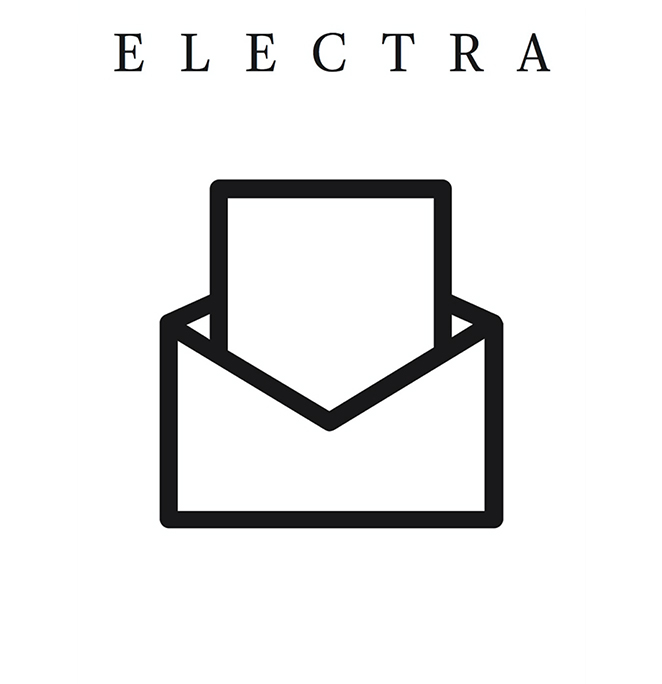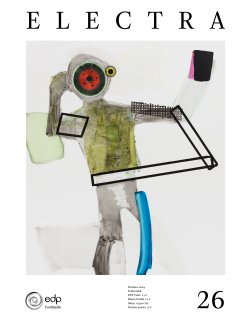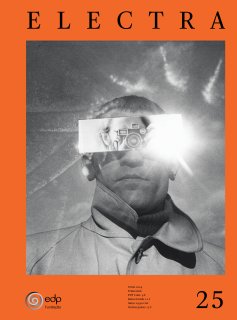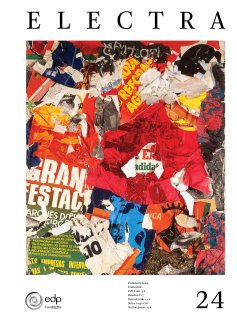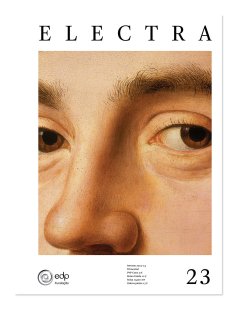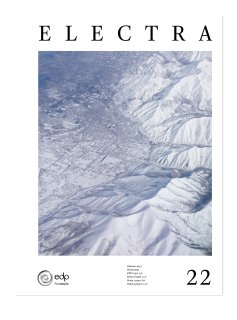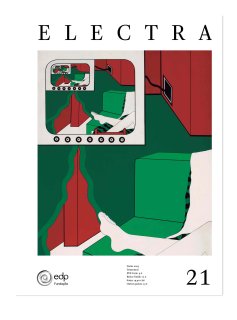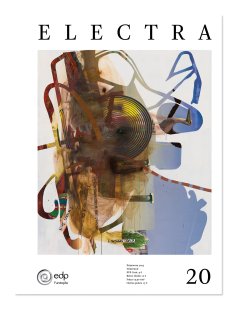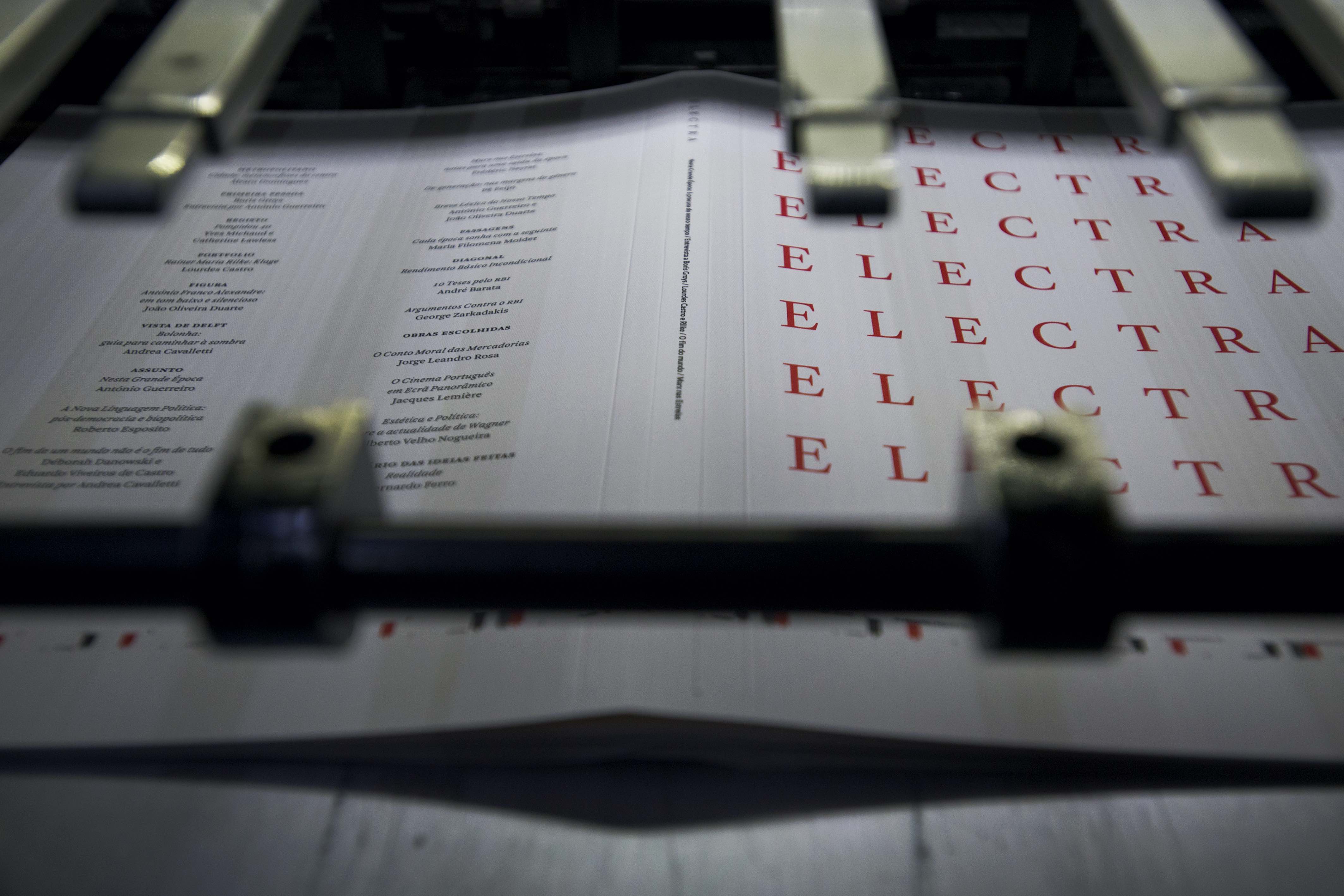
Electra is an international magazine of contemporary thought and culture. It examines the spirit of our current time and reflects on its complexities and symptoms: the ideas, trends and impulses that drive our era.
Published quarterly in Portuguese and English (one issue per every season of the year), Electra promotes a dialogue between various fields of knowledge, numerous forms of creation, different cultural geographies and experiences of the world. It is a magazine that thinks, searches, inquires, proposes. And welcomes, assesses, records, disseminates.
The texts published in it are originals and the writers are selected for the soundness of their thought and the uniqueness of their works, researches, proposals, creations and voices.
As a print magazine of contemporary culture, Electra places a high value on the visual aspect, carefully choosing artists, images, physical media and graphic design.
It has been published since 2018 by the EDP Foundation with the goal of ‘anticipating the future by looking at the present with free, creative and attentive eyes’.
Made of ideas and words, Electra is also made of images that one looks at and give the magazine an image that can be seen. In each issue, section and text, these images establish a form-content relationship, in a visual dialogue with the magazine’s graphic design. In the ‘Portfolio’, the importance given to artistic images is founded on the certainty that contemporary art reflects on and reveals our time, mirroring each other’s constant transformations.
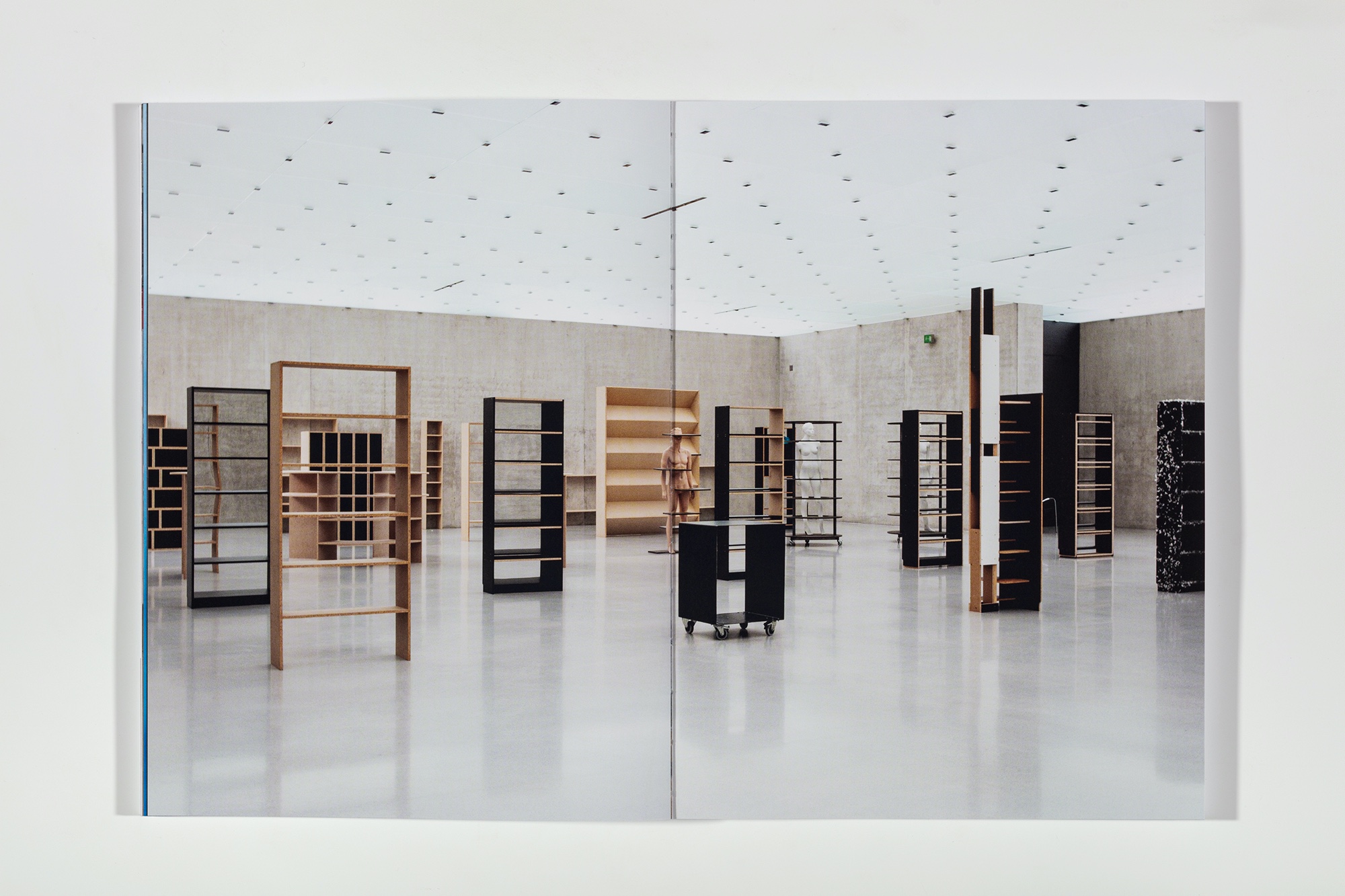
Electra 12, Portfolio: Heimo Zobernig
Due to its intellectual and physical nature, the permanence of its subjects and the profound reflections they elicit, Electra is a magazine that can function as a book. It is also an archive for future memory and, therefore, can be collected. In it, the sections ‘Register’, ‘Figure’, ‘Passages’ and ‘Chosen Works’ serve as indexes of that future archive.
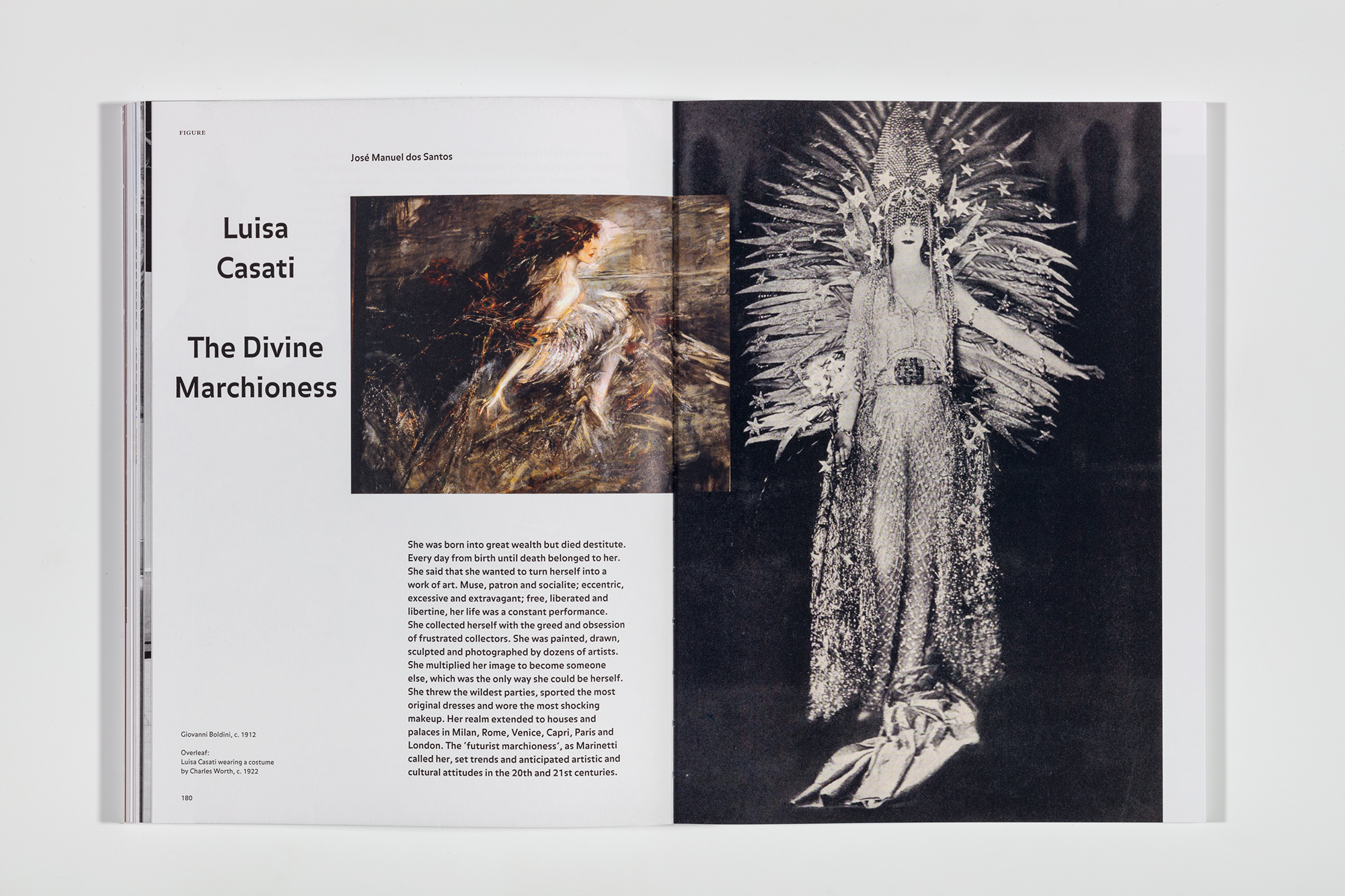
Electra 7, Figure: Luisa Casati
In each issue, a vast dossier called ‘Subject’ reflects on a topic that allows us to draw a map of our time, urging us to trace its ever-changing face. In the ‘Diagonals’ section, the contrast makes the thoughts presented and the arguments that underpin them clearer. With the collaboration of renowned authors and thinkers of the topics in question (and not mere opinion givers) these sections prove that Electra is a magazine that wants to think and invites us to do the same.
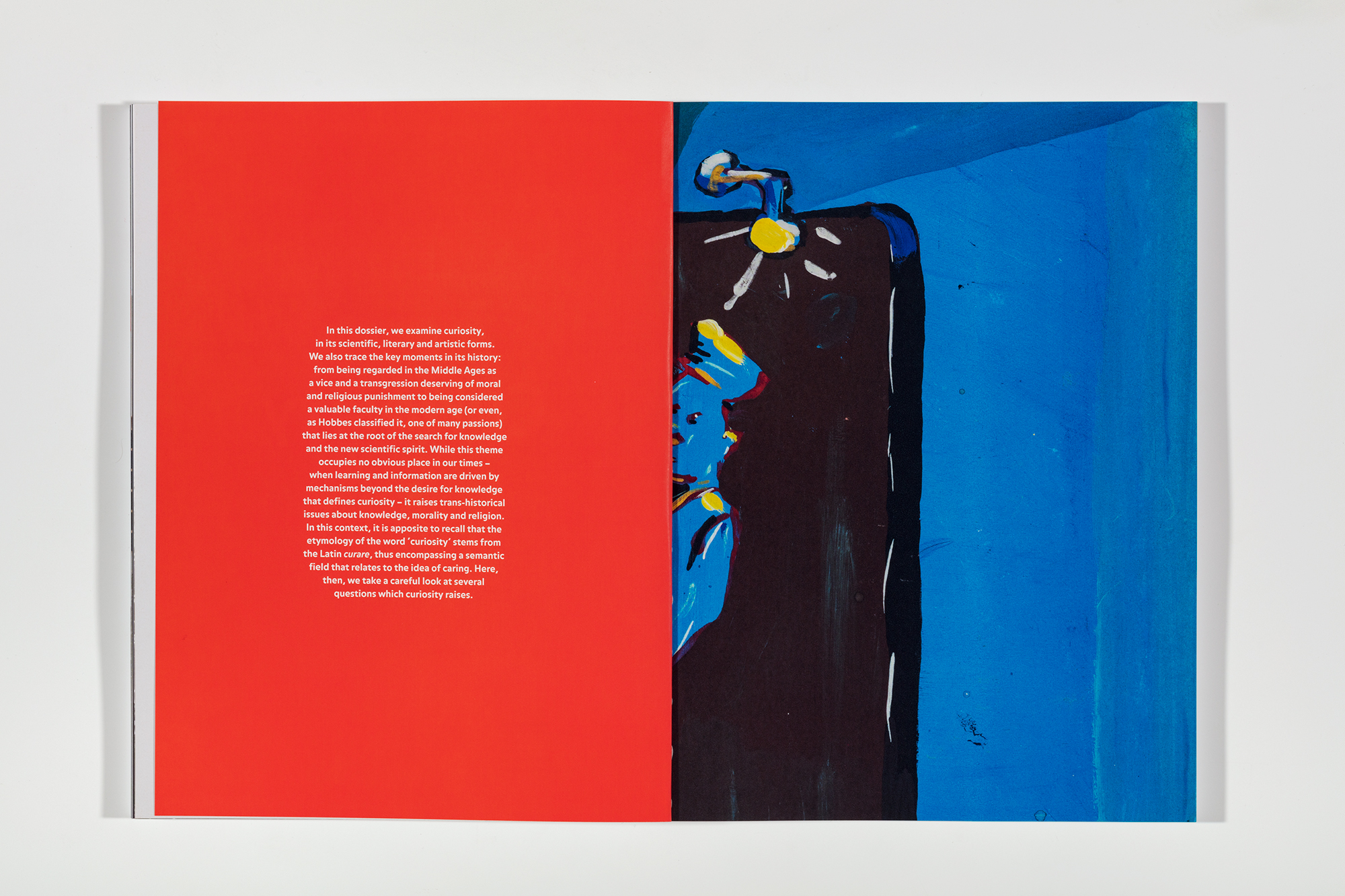
Electra 12, Subject: Curiosity
In the ‘Editorial’ and ‘Dictionary of Received Ideas’ the magazine reflects on itself, pondering the ideas, words and images that compose it. In them, we say what we know, so that we know what we are saying.
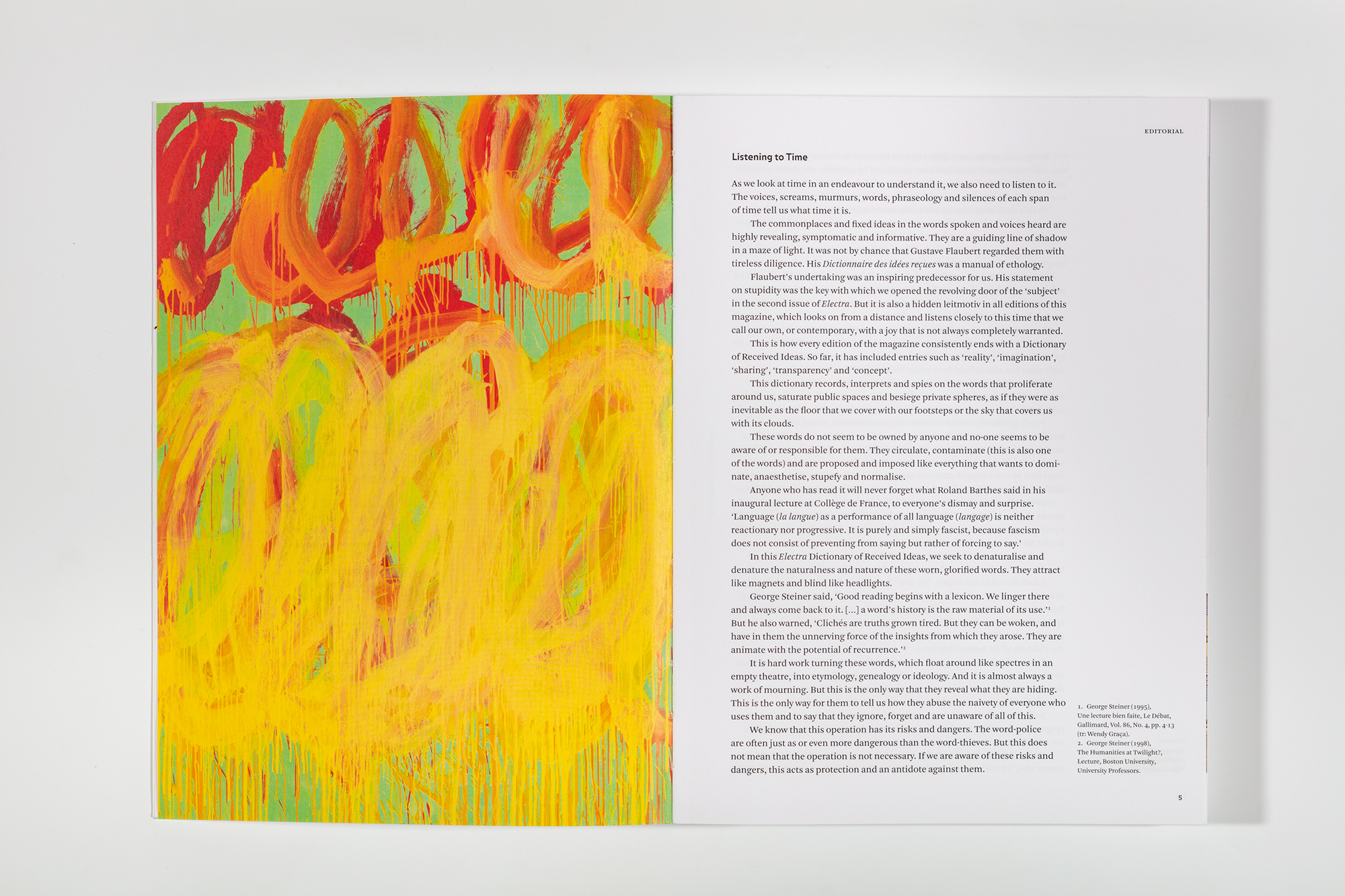
Electra 7, Editorial
As an object, it is a magazine that cannot be missed. And if we do not miss it, we find a common thread between issues ‒ the ‘Serial’ section, for example. It means getting our hands on new features, contained in sections that reveal unpublished texts, such as ‘Scoop’, personal diaries, such as ‘Book of the Hours’, or in-depth interviews, such as ‘In the First Person’, where a voice says what needs to be said.
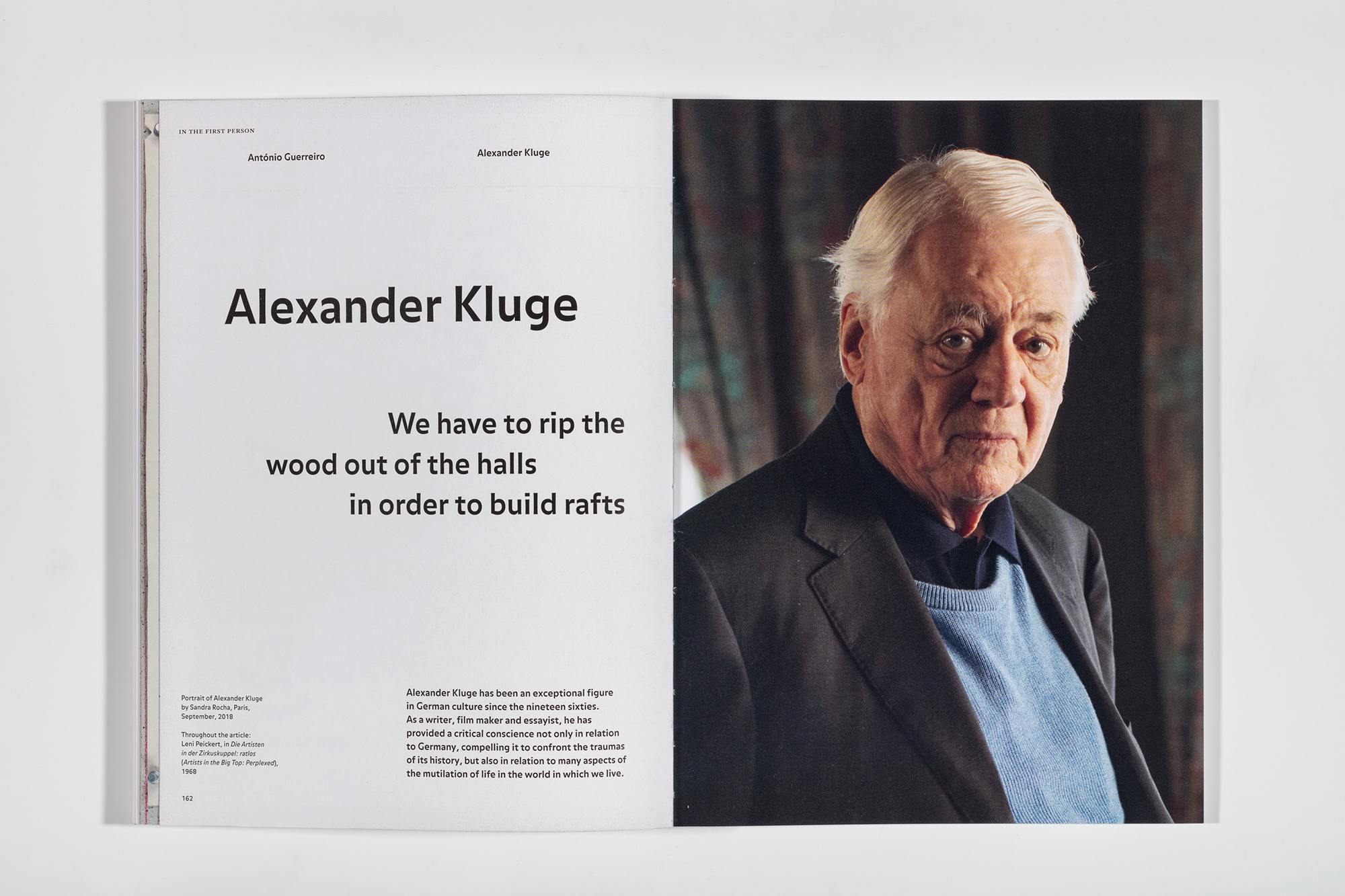
Electra 4, In the first person: Alexander Kluge
In our time, made of particularisms and universalisms, urban themes are crucial and can be followed in the ‘Metropolitan’ section. In the ‘View of Delft’, there is a city that comes towards us, with its evidences and secrets, brought by those who know or discover it, those who love or hate it. Electra also strives to be in places or with people to whom life and death happen, turning it into a ‘Feature’. With collaborators from many different geographies, as revealed by their bios, Electra considers cosmopolitanism (with its contradictions and negations) one of the engines of contemporaneity.
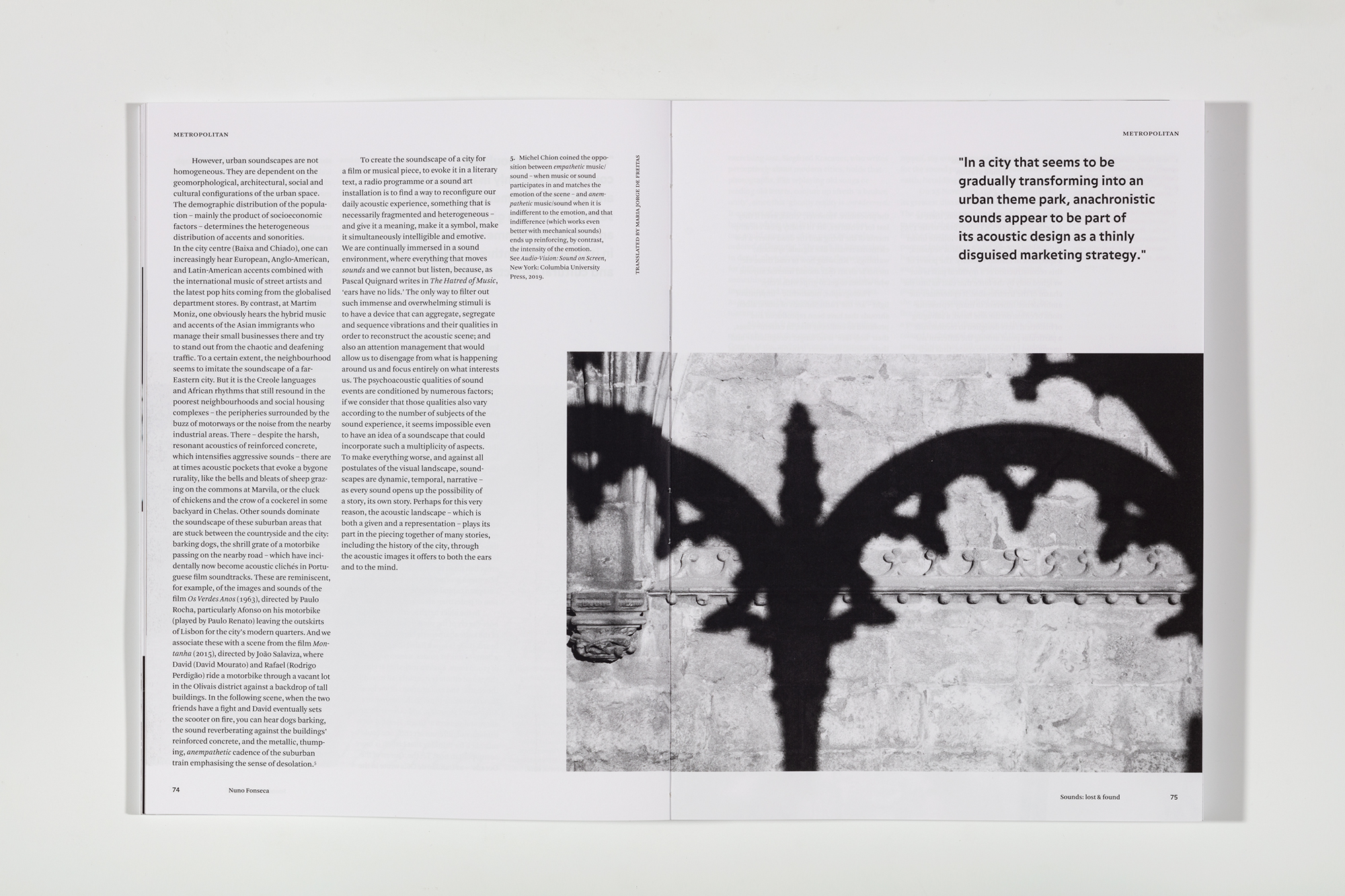
Electra 12, Metropolitan
